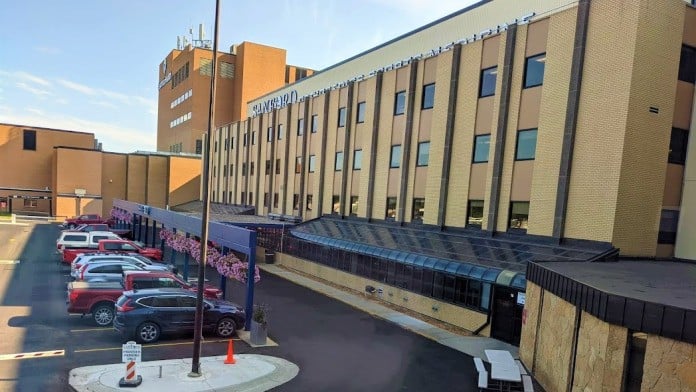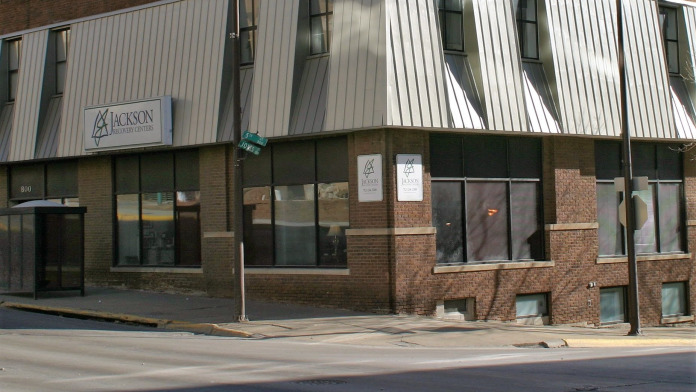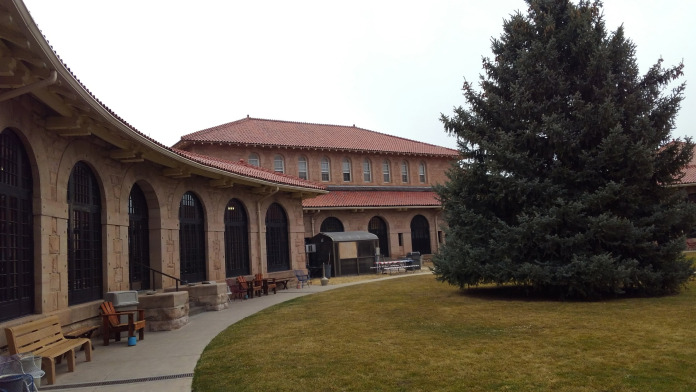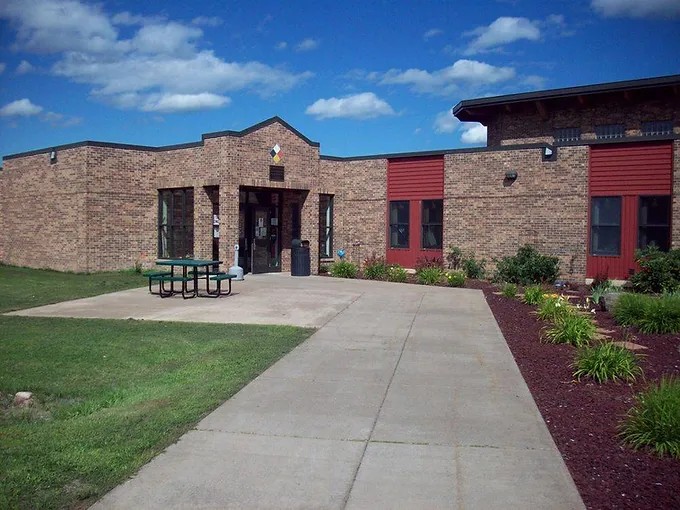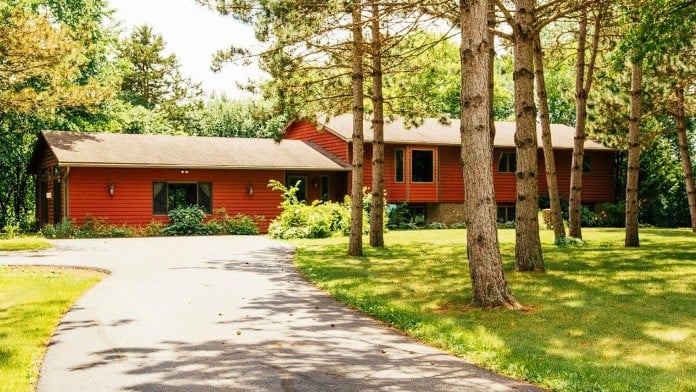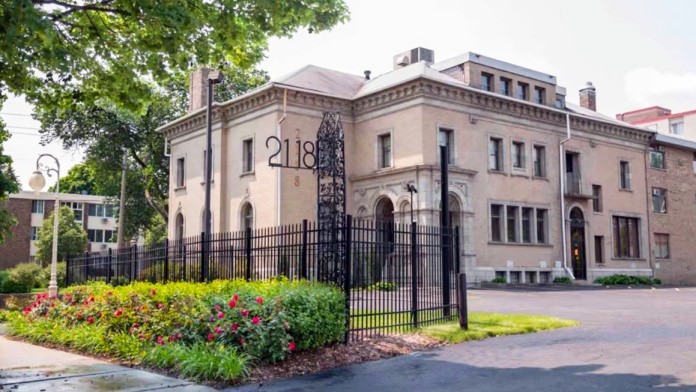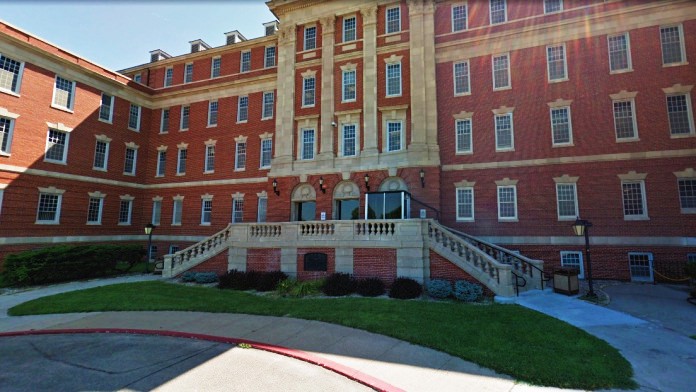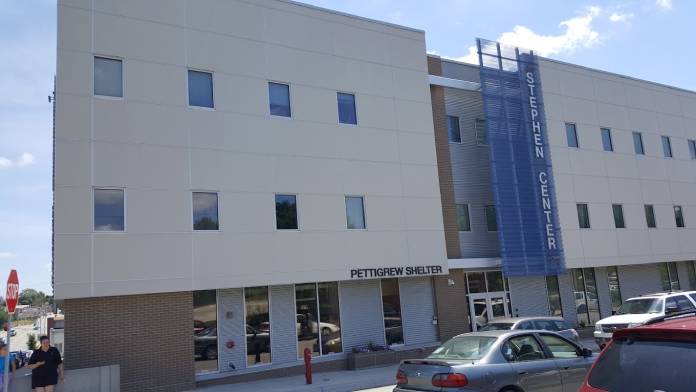Past experience, no words could explain the pain and suffering in this place. Present,I’ve been told a different and better organization has taken control of this place!! I Pray 🙏 this is a FACT 👍👌and it will become a real blessing for people needing TREATMENT ...
About North Dakota State Hospital
North Dakota State Hospital is located in Jamestown, North Dakota. They provide inpatient psychiatric and substance use disorder treatment. Services here include acute care and long-term psychiatric hospitalization and specialize in inpatient addiction treatment services for adult men and women.
Integrated Care for Co-Occurring Mental Health and Substance Use Disorder Treatment
Programs are integrated for co-occurring mental health and substance use disorder treatment and are provided by an interdisciplinary team of psychiatrists, psychologists, social workers, nurses and addiction counselors. They emphasize both safety and recovery, especially for those with significant behavioral health challenges.
State and Community Agencies Provide Ongoing Support for Recovery
North Dakota collaborates with state and community agencies to support ongoing recovery and post-discharge reintegration and offers dedicated programs for specialized needs, including forensic and civil commitments. They also have a dedicated rehab center – the Tompkins Rehabilitation Center (TRC), which provides rehabilitation services for men and women.
Large Campus Features Multi-Levels of Care and Outdoor Spaces that Support Recovery
Located on a large campus with secure facilities and outdoor spaces, the hospital campus includes multiple buildings for different levels of care. They include on-site recreational and activity rooms with secure units designed for safety and a therapeutic environment. The facility is located in a quiet environment that supports healing.
Downtown Jamestown is a small city with parks and recreational areas. They are located in close proximity to the National Buffalo Museum and Frontier Village. Close to the facility is McElroy Park, which supports outdoor, therapeutic walks, and the nearby Jamestown Reservoir.
Facility Overview
Latest Reviews
Rehab Score
Location
Other Forms of Payment
Private insurance refers to any kind of healthcare coverage that isn't from the state or federal government. This includes individual and family plans offered by an employer or purchased from the Insurance Marketplace. Every plan will have different requirements and out of pocket costs so be sure to get the full details before you start treatment.
Self-pay involves paying for treatment out of your own pocket. You can use savings or credit, get a personal loan, or receive help from family and friends to fund your treatment. If you don't have insurance or your insurance plan doesn't cover a specific program, self-pay can help ensure you still get the care you need.
Sliding scale payments are based on a client's income and family size. The goal is to make treatment affordable to everyone. By taking these factors into account, addiction recovery care providers help ensure that your treatment does not become a financial burden to you or your family, eliminating one barrier to care.
Medicaid is a state based program that helps lower-income individuals and families pay for healthcare. Medicaid covers addiction treatment so those enrolled can use their coverage to pay for rehab. When a program accepts Medicaid the client often pays very little or nothing out of their own pocket.
Medicare is a federal program that provides health insurance for those 65 and older. It also serves people under 65 with chronic and disabling health challenges. To use Medicare for addiction treatment you need to find a program that accepts Medicare and is in network with your plan. Out of pocket costs and preauthorization requirements vary, so always check with your provider.
Addiction Treatments
Levels of Care
Residential treatment programs are those that offer housing and meals in addition to substance abuse treatment. Rehab facilities that offer residential treatment allow patients to focus solely on recovery, in an environment totally separate from their lives. Some rehab centers specialize in short-term residential treatment (a few days to a week or two), while others solely provide treatment on a long-term basis (several weeks to months). Some offer both, and tailor treatment to the patient's individual requirements.
Treatments
Many of those suffering from addiction also suffer from mental or emotional illnesses like schizophrenia, bipolar disorder, depression, or anxiety disorders. Rehab and other substance abuse facilities treating those with a dual diagnosis or co-occurring disorder administer psychiatric treatment to address the person's mental health issue in addition to drug and alcohol rehabilitation.
A combined mental health and substance abuse rehab has the staff and resources available to handle individuals with both mental health and substance abuse issues. It can be challenging to determine where a specific symptom stems from (a mental health issue or an issue related to substance abuse), so mental health and substance abuse professionals are helpful in detangling symptoms and keeping treatment on track.
Programs
Adult rehab programs include therapies tailored to each client's specific needs, goals, and recovery progress. They are tailored to the specific challenges adult clients may face, including family and work pressures and commitments. From inpatient and residential treatment to various levels of outpatient services, there are many options available. Some facilities also help adults work through co-occurring conditions, like anxiety, that can accompany addiction.
Clinical Services
Cognitive Behavioral Therapy (CBT) is a therapy modality that focuses on the relationship between one's thoughts, feelings, and behaviors. It is used to establish and allow for healthy responses to thoughts and feelings (instead of unhealthy responses, like using drugs or alcohol). CBT has been proven effective for recovering addicts of all kinds, and is used to strengthen a patient's own self-awareness and ability to self-regulate. CBT allows individuals to monitor their own emotional state, become more adept at communicating with others, and manage stress without needing to engage in substance abuse.
Group therapy is any therapeutic work that happens in a group (not one-on-one). There are a number of different group therapy modalities, including support groups, experiential therapy, psycho-education, and more. Group therapy involves treatment as well as processing interaction between group members.
In individual therapy, a patient meets one-on-one with a trained psychologist or counselor. Therapy is a pivotal part of effective substance abuse treatment, as it often covers root causes of addiction, including challenges faced by the patient in their social, family, and work/school life.
Motivational interviewing helps you find internal motivation to change. If you're feeling insecure about your ability to change or ambivalent about the need for change, this method can help you explore your options and motivations.
Amenities
-
Private Setting
Staff & Accreditations
Staff
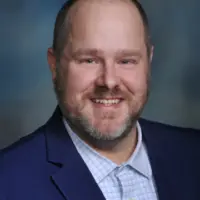
Dirk Wilke
Health and Human Services Interim Commissioner
Accreditations

The Substance Abuse and Mental Health Services Administration (SAMHSA) is a branch of the U.S. Department of Health and Human Services. Established in 1992 by congress, SAMHSA's mission is to reduce the impact of substance abuse and mental illness on American's communities.
SAMHSA Listed: Yes
Contact Information
2605 Circle Drive
Jamestown, ND 58401

